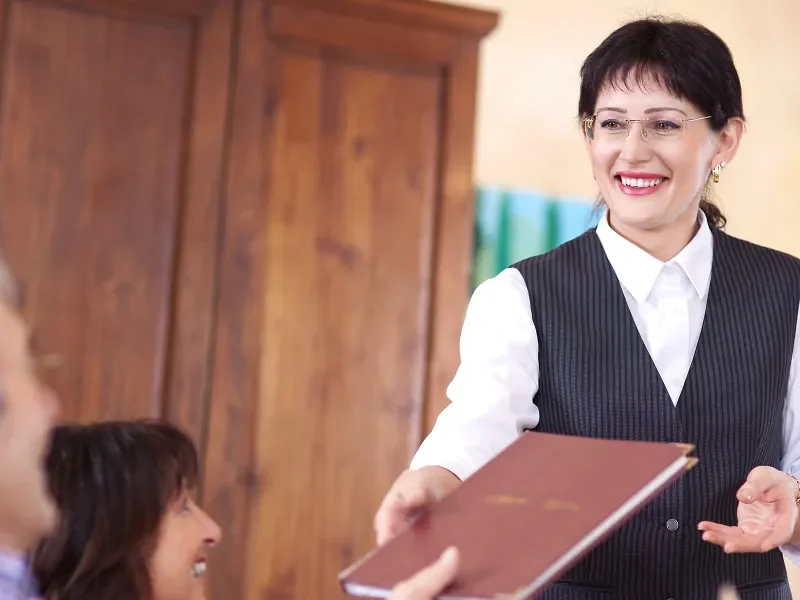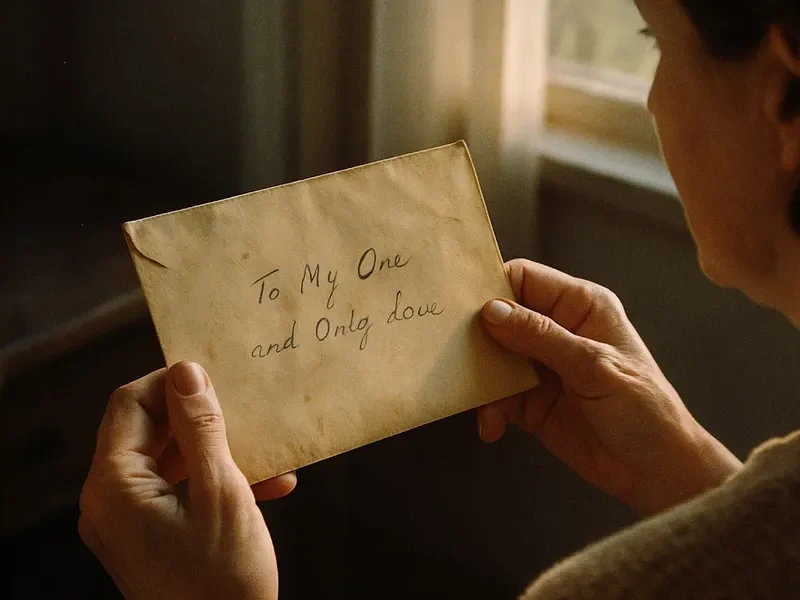I thought my thoughtful gifts were winning my mother-in-law, Susan, over, but I discovered she was selling them at a flea market. Instead of a fight, I planned a sly lesson she wouldn’t forget. I’m 30, married to James, 33, and Susan’s always been tricky—charming on the outside, but her subtle digs sting. I stayed kind, bringing her cookies and praising her pies. For gifts, I went all out—fancy soaps, a silk scarf from Paris, a hand-painted teacup, even a candle I made myself. She’d hug each one, saying, “You’re too kind!” like I’d touched her heart.
I believed her, thinking we were getting closer. Then, at a flea market with my friend, Emma, I saw it—a beaded bracelet I’d given Susan for Mother’s Day, sitting among cheap trinkets. “Emma, that’s mine,” I said, shocked. She nodded, stunned. I asked the vendor about it. “A lady named Susan sells here regularly,” he said. “Always smells like vanilla and chats like she’s on TV.” That was Susan. I kept quiet but started digging. Her online alias, “S.J. Gems,” listed more of my gifts—a teapot, a perfume bottle, even my candle, sold for pennies.

She wasn’t giving them away; she was cashing in. I felt betrayed but decided to play her game. Susan’s birthday was near, so I bought a $5 thrift store vase, shined it up, and put it in a fancy box with a fake $60 check tucked loosely inside. “Is this too much?” James asked. “It’s just right,” I replied, smiling. At her party, Susan gushed, “What a stunning vase!” holding it up like a prize. When she saw the check, she gasped, “Oh, you didn’t!” I pretended to panic, saying, “That’s for my friend’s wedding!” She waved it off but kept it, her eyes gleaming.
A week later, at a family barbecue, I made my move. As we cleared plates, I exclaimed, “Susan, I gave you the wrong gift! That vase was for my colleague—a $3,800 antique!” The yard went silent. Susan choked on her drink, stammering, “I sold it… for $60.” Her brother-in-law gasped; her cousin stared. I paused, then grinned. “Gotcha, Susan. It was a five-dollar vase. But I saw it at the market—with my other gifts.”
Laughter broke out, starting with James’s uncle, then spreading. Susan covered her face, muttering, “I’m sorry. I didn’t think you’d care.” She softened. “Thanks for not embarrassing me more.” I nodded. “Just be honest if you don’t like a gift. Don’t sell it.” She agreed, and we laughed over dessert. A few weeks later, I gave her a potted herb for her anniversary. It’s still in her kitchen, thriving. Susan’s stopped selling my gifts, and we’re finally talking openly. A clever trick taught her—and me—about honesty.


